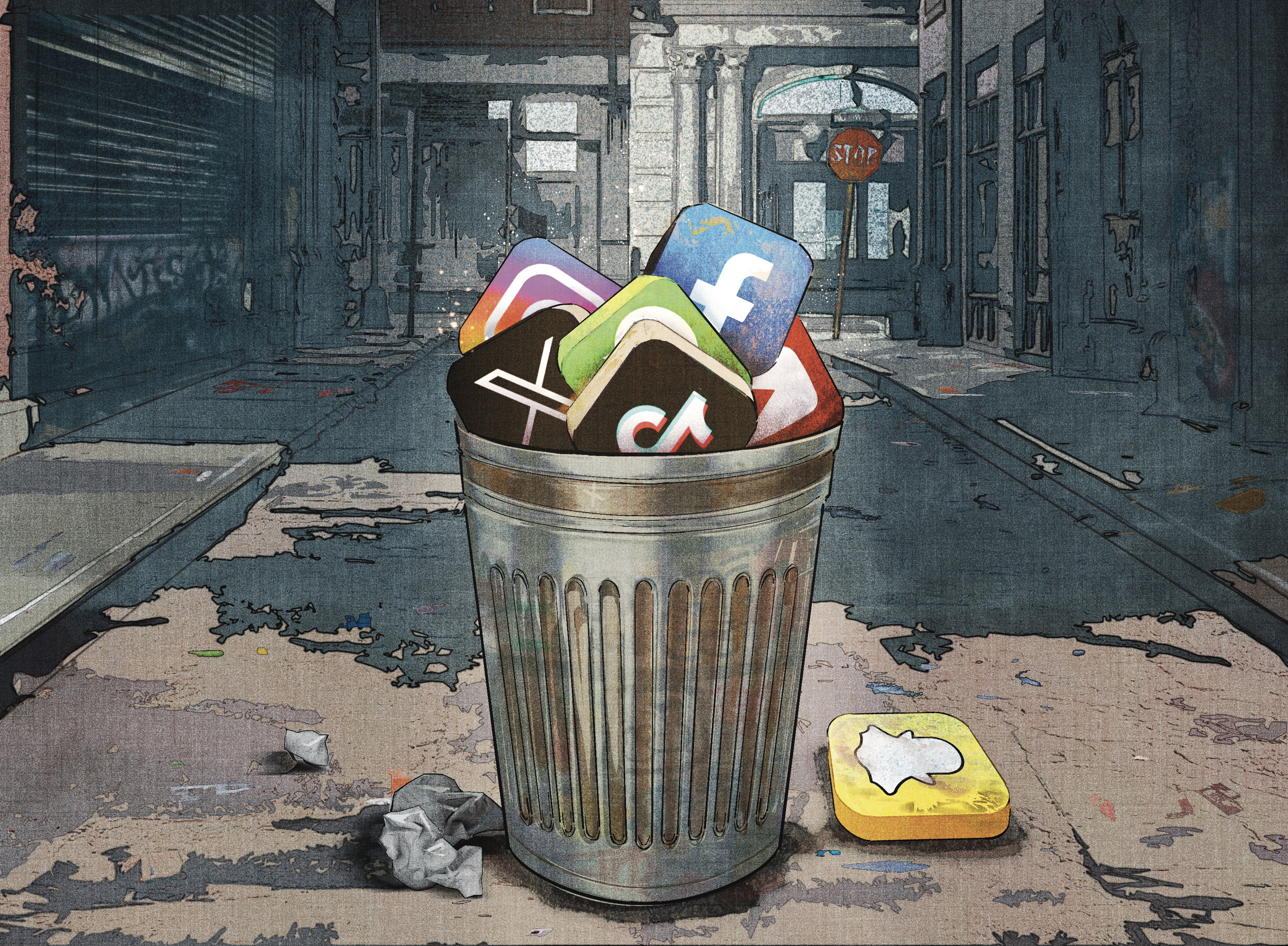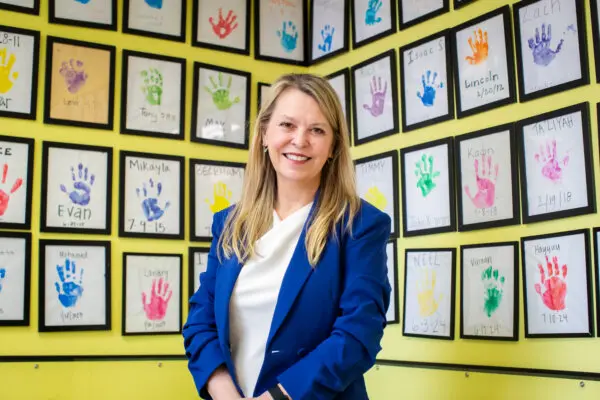I’ve been told I’m a unicorn: a 27-year-old with no social media accounts. I feel more like a horse that people put a horn on and say, “What? This is impossible!” Not using social media is, sadly, countercultural. But it isn’t impossible. It’s been about six years, and there’s no amount of money you could pay me to log back on.

For the author, the social media likes were not worth it. Andriy Onufriyenko/Moment/Getty Images










